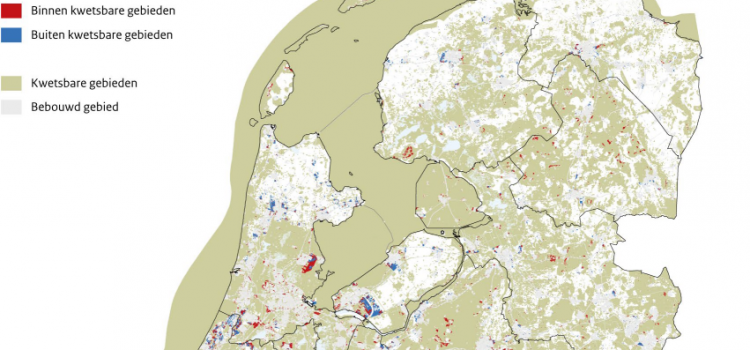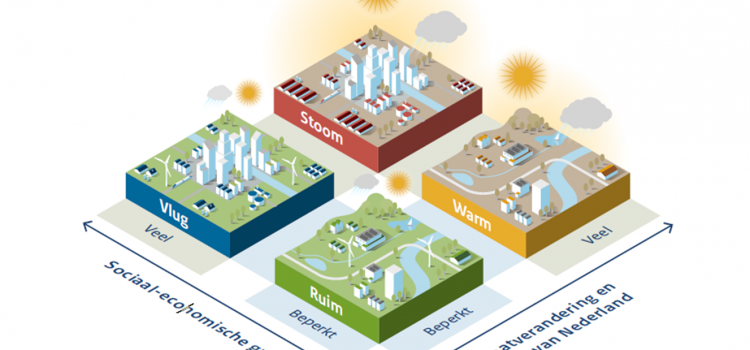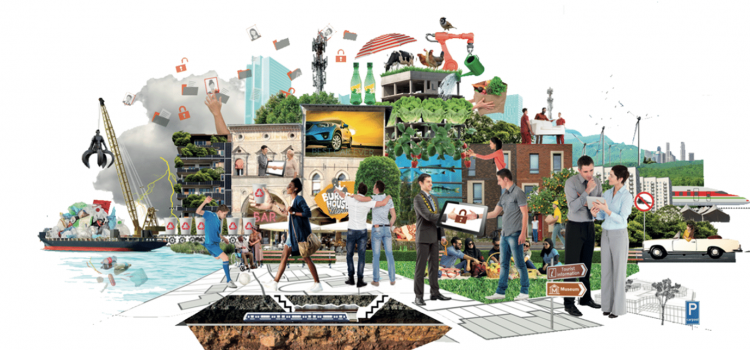Urbanization is reshaping the global landscape of human life. Since 1950, the share of the world’s population living in urban areas has surged, and it is projected to continue rising through 2050. The United Nations has documented this transformation in
World urbanization prospects




